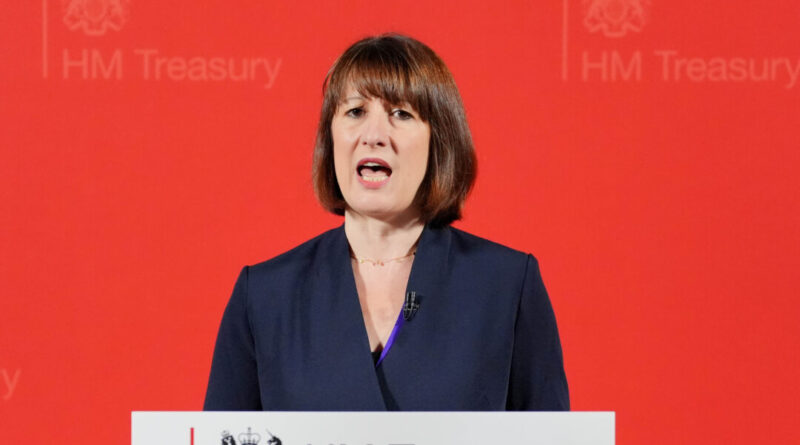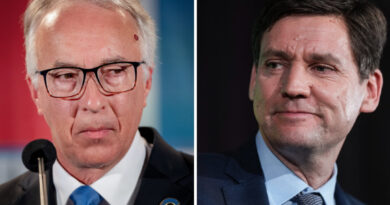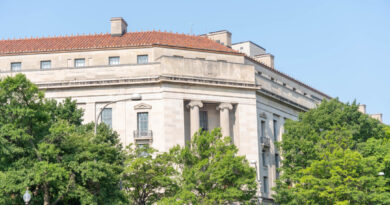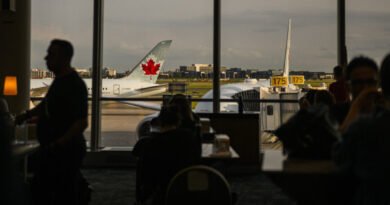Rachel Reeves is not expected to announce new freeports in the budget, despite previous statements suggesting otherwise.
Freeports are designated zones within the UK’s borders where businesses benefit from reduced customs regulations and tax incentives.
Chancellor Rachel Reeves will not announce any new freeports in her Budget, despite an earlier government press release confirming plans for five more tax-free sites.
In what is understood to be a U-turn on freeport construction plans, the government is now expected to confirm funding for the “next steps” for five of the existing freeport locations.
Current freeports are located in 12 locations—eight in England and two each in Scotland and Wales.
Freeports are usually based at ports or airports. Existing UK freeports are located around ports in Inverness, the Forth, Teesside, the Humber, Liverpool, Anglesey, Milford Haven, Plymouth, the Solent, the Thames, and Felixstowe and Harwich.
Special customs facilities enable the freeports to import inputs tariff-free and pay tariffs on finished goods only when they are placed on the market. Other benefits include tax breaks on hiring new staff.
Seven freeports have operational custom zones, with Reeves expected to say that further five will be added to the existing sites at Liverpool, Humber, and the Inverness and Cromarty Firth Green freeport in Scotland.
Confusion
Last week, Downing Street said that Reeves will announce “a new investment zone in the East Midlands and five new freeports as part of the Government’s package of measures to fix the foundations and rebuild the country.”
The government clarified on Sunday evening that the upcoming Budget will announce three freeports across five sites already in place, as reported by the PA news agency.
During his visit to Samoa on Oct. 25, Prime Minister Sir Keir Starmer responded to a question about the announcement of five new freeports.
Starmer said that he didn’t want to take an “ideological view” on freeports, just because they were introduced by the previous Conservative government.
He added freeports could work better if local authorities and business get more involved. This aligns with Labour’s economic growth strategy, which it believes should be championed by regional powers.
Misuse
According to the guidance on freeports, published under the Conservative government, each site has up to three “tax sites,” selected by local councils and aimed to attract investment and boost job growth.
However, critics suggest freeports will simply displace jobs, rather than create new jobs.
“The sums spent in tax cuts could be repurposed as direct capital investment in port infrastructure,” the campaign said.
Trade union Unite has cautioned that strong union action is necessary to prevent the misuse of pocket tax cuts by corporate bosses and protect pay for workers.
PA Media contributed to this report.





